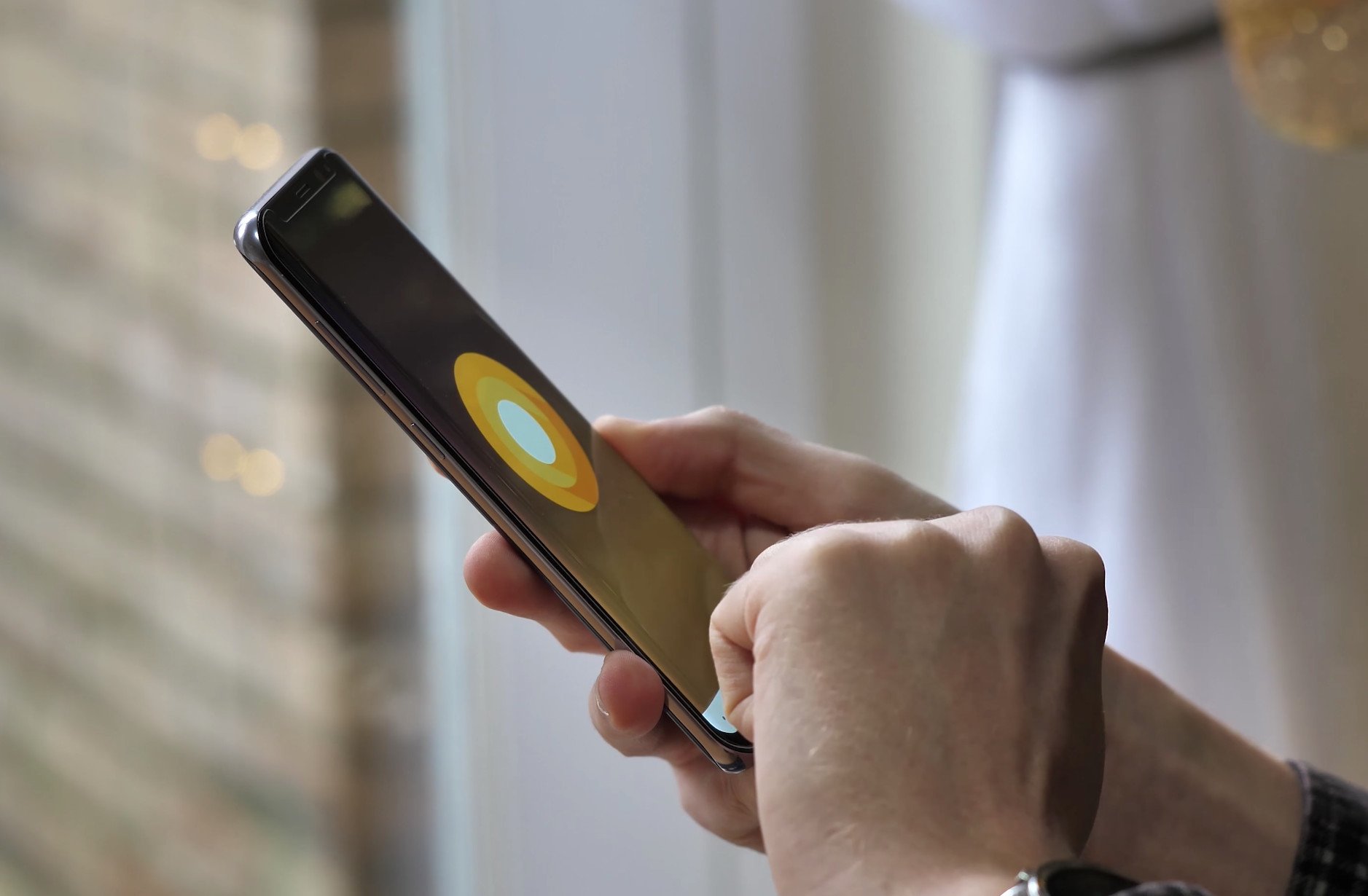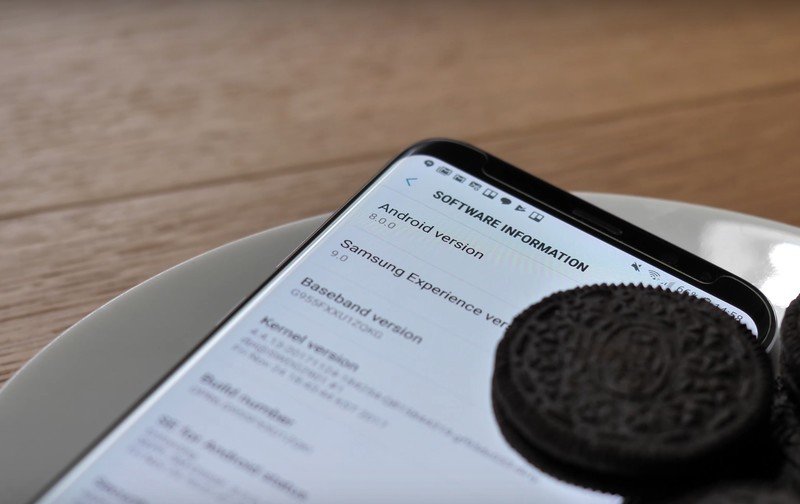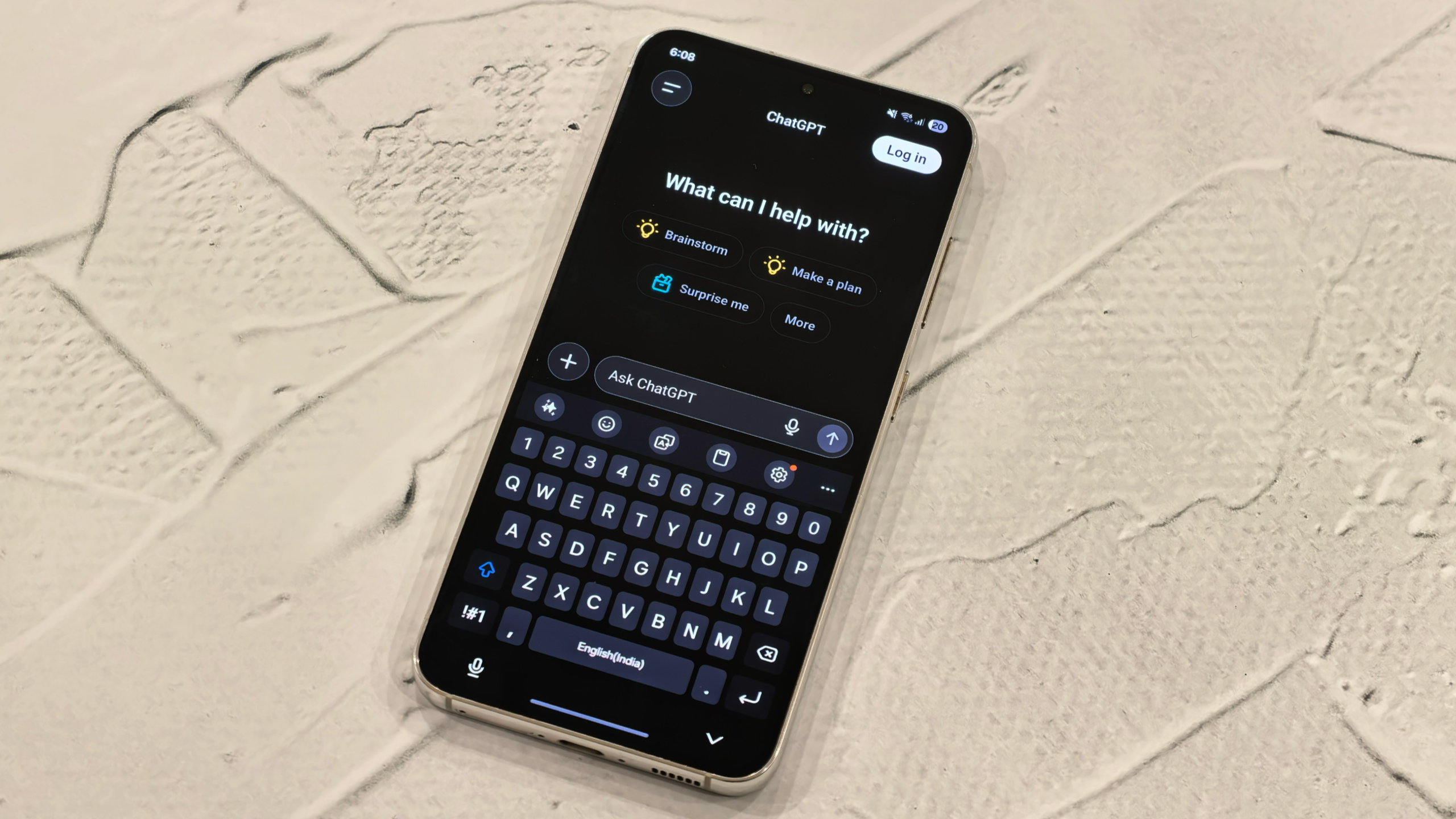The unbearable slowness of Samsung's updates

Get the latest news from Android Central, your trusted companion in the world of Android
You are now subscribed
Your newsletter sign-up was successful
Every year around this time, as I prepare for another onslaught of Samsung leaks, rumors, and eventual reveals and reviews, I try to take a look back at the company's update track record — and I'm always disappointed.
Just this week, Samsung announced that its extended and relatively exclusive Oreo beta is ending, which means that an update to Android 8.0 is imminent for devices like the Galaxy S8, S8+, and Note 8. Great. But I've been using Oreo since August on devices like the original Pixel, and a good chunk of the phones on my office desk, including some that shipped with the latest version, have been enjoying Oreo since well before Thanksgiving.
Year after year, the world's biggest phone manufacturer fails to deliver on its promise for timely software updates, and in doing so significantly depresses the overall tally in the process. Google can push updates to its Nexus and Pixel lineup as quickly as it wants (and it does), and companies like Sony, HTC, OnePlus and others can help make a dent, but it's not until Samsung begins its lumbering annual rollout that the tectonic shift begins anew. With Oreo still on under 1% of devices, that massive endeavor can't come quickly enough.
It's not like Samsung is new to this game. Articles like this have been proffered since at least 2012, and the company has indeed improved the quality of its software output, but the stakes are just so much higher these days. Samsung increasingly owns the Android market, and its dominance puts the Android team at Google — separate from the Pixel hardware team — in a tenuous position. As we've seen from previews of Android 8.0 Oreo on the Galaxy S8, through the beta program, this particular update isn't nearly as significant an aesthetic or feature overhaul as last year's jump to Nougat was, and yet we're coming up on a year since Samsung began rolling that out. It didn't hit carriers in the U.S. until late February.
What's your biggest annoyance with Android right now?What's your biggest annoyance with Android right now?— Android Central (@androidcentral) January 19, 2018January 19, 2018
Earlier this month, we asked people what their biggest frustrations are with Android right now. The number one response by a wide margin? Lack of updates.
With the Galaxy S9 being announced on February 25th, and an expected release date just three weeks later, on March 16th, it's clear that Samsung is using the availability of the latest version of Android as a selling feature. Forget the Galaxy S8 for a moment — most people updating to the S9 will be coming from an S6 or S7, which, in the case of the S6 series, won't receive Oreo at all, or receive it later this year, as promised to the S7 line. A jump to Android 8.0 out of the box, with all its performance improvements and additional features, is leverage that Samsung hopes to use to sell a few more phones.

Whenever I take this indignant stance towards Samsung's languid approach to software updates, I risk not taking the other side into account: with great power comes great responsibility. Given that Samsung has the world's largest fleet of phones waiting for updates, it must ensure that the experience is largely bug-free, with UI elements and software features adapted to its numerous regional partners. I don't envy the teams in charge of such quality assurance.
Get the latest news from Android Central, your trusted companion in the world of Android
No Android manufacturer is good at updates, but Samsung's prolonged cycles impact the most people at once.
At the same time, Google released the first Android O developer preview on March 21 last year. Oreo was first publicly available on August 21, and the Sony Xperia XZ1, the first phone to arrive with Oreo out of the box, came a month later.
With the Galaxy S9 series inevitably shipping with Oreo out of the box, it's possible Samsung will support Treble, a system that could potentially speed up software updates in years to come. According to Google, "Project Treble will make it easier, faster and less costly for device maker partners when these devices are updated in the future."
Not that, nor any other Google tool or incentivization, will provide solace to millions of Android users, whether they know it or not, waiting for the latest version. It's not just about new features, either: every update helps developers improve their apps, and makes it easier for IT managers to troubleshoot problems. It's a virtuous cycle that Samsung can perpetuate, but like in years past, customers continue to be placed second.
Here's what else is on my mind this week.
- We took a few weeks off from the podcast over new years, but we've released three in the past two weeks and they're very good. The gaming-focused one, in particular, is a lot of fun if you haven't listened to it already.
- That Samsung is focusing on camera improvements for the Galaxy S9 is understandable. What's struck me after picking up the Note 8 again in recent days is just how far it needs to come to compete with the Pixel 2 on imaging.
- Andrew is right on the money here. Android, as occasionally frustrating as it is for new and veteran users alike, no longer needs to be rooted (it arguably never did) to save it from its poor decisions. I haven't rooted a phone in nearly five years.
- Jerry wrote some smart things about limits on government surveillance, especially in light of the extension to Section 702 of FISA. Worth the read.
- Three weeks ago, I wrote about smartphone addiction. Three weeks ago, I decided to make a concerted effort to use my phone less. I've deleted Twitter from my smartphones (limiting use to my laptop) which has helped, but the next step is to set timers for the amount of time I spend on the phone in general. Small but important steps to taking back control of my digital life.
- Peace.
-Daniel

Daniel Bader was a former Android Central Editor-in-Chief and Executive Editor for iMore and Windows Central.

